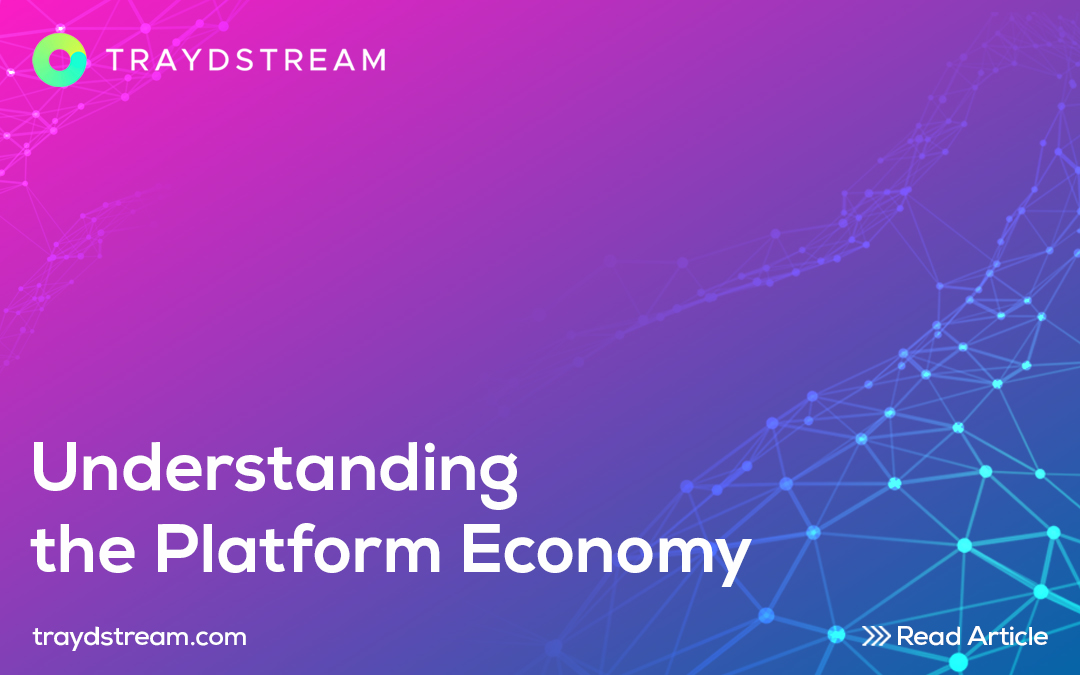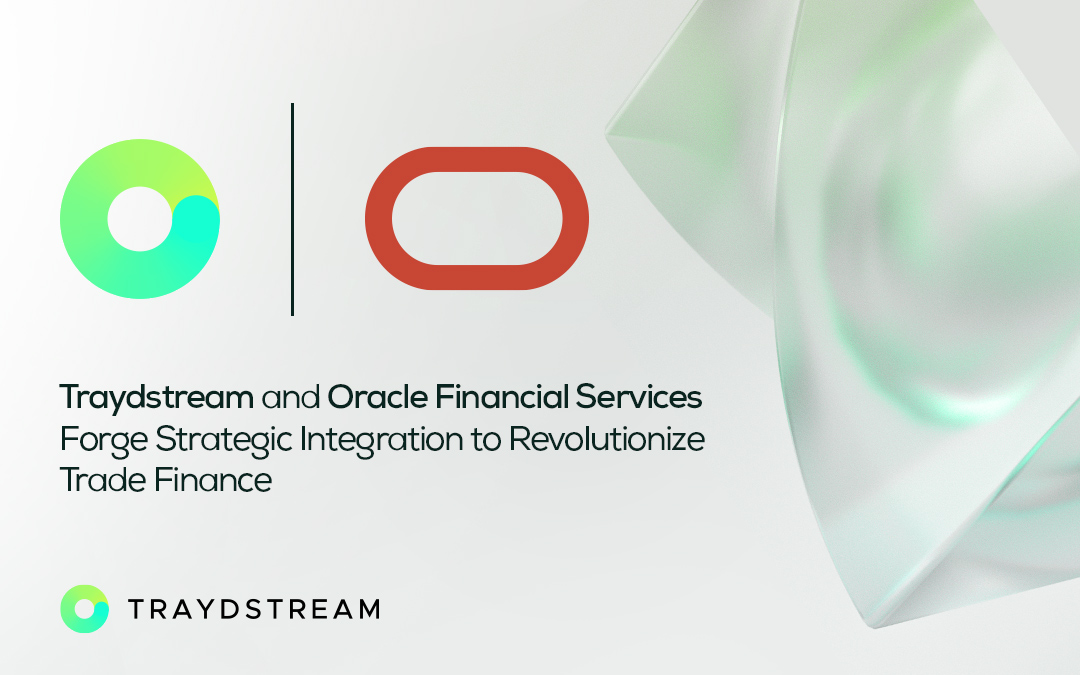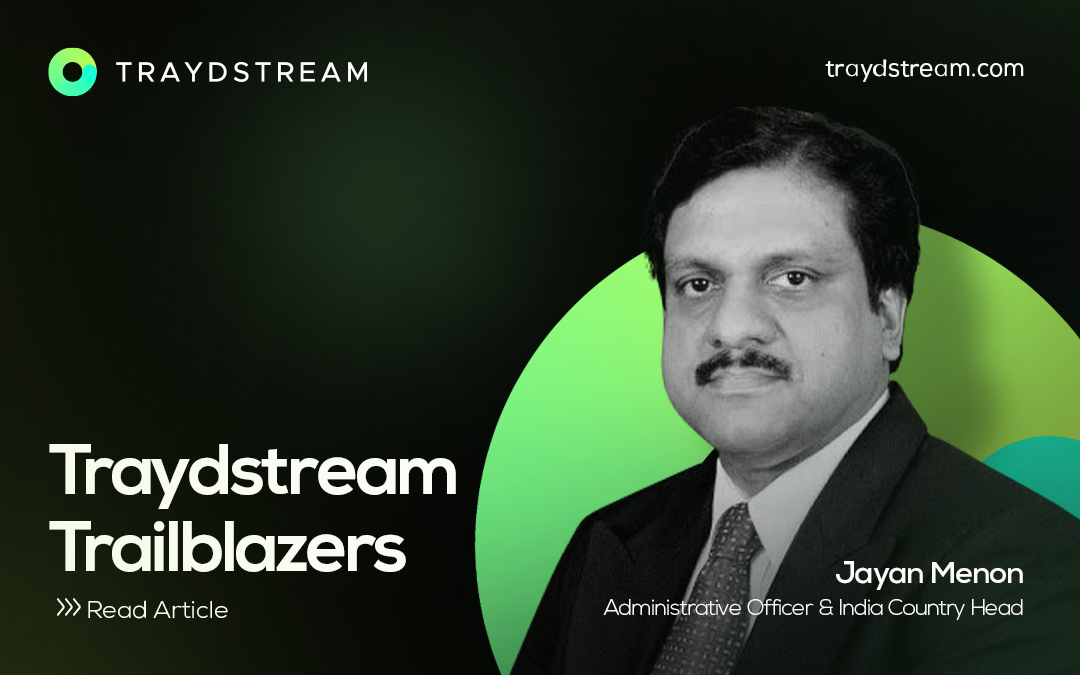
The world is practically at our fingertips – answers to your wildest queries exist if you know where to look. Technology has been a great enabler in all aspects of society, and has ushered in a new age and new standards of work. We would be at a great loss if, in the snap of a finger, we were left without our digital and technological crutches.
Looking back at how things used to be – industries traditionally have worked in silos – independently, and in closed ecosystems. It used to be a members-only club, where if you had no business being there, you weren’t. The adoption across work industries has taken over two decades to become integrated, and this has resulted in the breaking of this silo system.
Nowadays, some form of technology plays a part in any business’s operations; financial investments, payments, brokerage, and loans have all converged onto apps.
Let’s look at one of the aforementioned examples of payments. It used to be that cheques were handed from person to person as convenient payment. Today, people are using mediums like Apple Pay, PayPal, Venmo, etc. Now, money transfers can be done online and in real time. This adaptation of technology has not impacted business industries alone – across the board, across the world, we’ve streamlined and integrated by harnessing the power of technology.
The examples of PayPal and Venmo are easy examples of how fintechs have impacted businesses, who in turn have been forced to reckon with technological change, which has destroyed this old way of working. These products (platforms) have brought us into what has become known as the platform economy. The platform economy has already had a major impact on the way we live and work, and it is only going to become more important in the future.
—
These platform products are computer systems that can host services that allow outputs to be delivered. These platforms provide an “open infrastructure for these interactions and set governance conditions for them. Platforms generate value by reducing transaction costs and coordinating a range of external actors. Platform firms own key control points or competitive bottlenecks which other ecosystem firms need to access.” (The Power of the Platform Economy for Financial Services, Report, Standard Bank, 2021)
The manner in which these platforms function have shuffled business models, and this restructure has rendered these platform providers a key part of the new systems. One of the most significant changes has been that platforms have created an openness and transparency in business. The platform economy is based on the idea of collaborative consumption, which is the sharing of resources and services.
The platform economy – the aggregate of economic activity and output mediated by digital platforms – rapidly grew in importance through the 2010s. In the early part of the new decade, the COVID-19 pandemic further fuelled the growth of platform organisations. The market valuations of platform firms has increasingly diverged from non-platform, and particularly non-technology companies. To understand the rising importance of the platform economy, we need to first understand how platform-enabled business ecosystems operate. (The Power of the Platform Economy for Financial Services, Report, Standard Bank, 2021)
How We Got Here:
The platform economy’s rise is being powered by a shift in industry economics, in market behaviours, and in infrastructural technologies.
– Shift in Economics: Technological and regulatory forces are driving a shift in economics and prompting the financial services industry to participate in ecosystems.
– Shift in Markets: New experiences powered by digital technologies and the ability to use alternative sources of data to inform product development and distribution, are allowing for the creation of entirely new markets.
– Shift in Infrastructure: The adoption of Cloud and Blockchain technologies, together with rapid improvements in Artificial Intelligence (AI), is fundamentally reshaping the infrastructure of the financial services industry.
(The Power of the Platform Economy for Financial Services, Report, Standard Bank, 2021)
More and more so, businesses are becoming increasingly dependent on the platform to organize the ecosystem, solidifying their stronghold.
Traydstream is a Fintech specialized specifically to Trade Finance. In this platform economy, we are the platform. We have been paving the way for actors along the trade route to join us in being pioneers in digitizing and automating trade – like putting trade and commerce on tap, with all the participants involved and working collaboratively.
We asked ourselves years ago what we could do to bring efficiency to trade finance; why should buyers and sellers not get the opportunity to transact in real time – like in other banking functions? Commercial transactions are complex, and each stage of the process needs clear and accurate management.
We are proud to be working towards a world wherein there are no obstacles to business, and no one is delayed or deprived of an opportunity to transact






